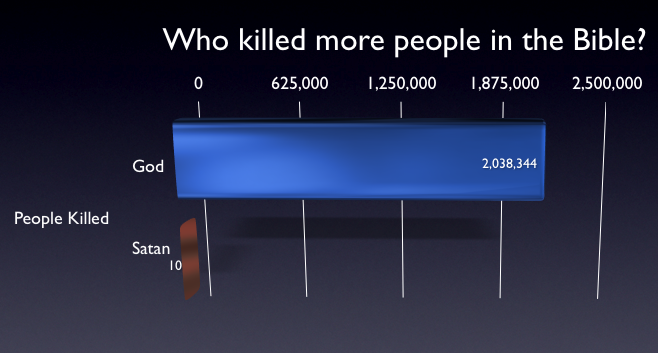I awoke this Sunday morning to a disturbing but not surprising newspaper story about a suburban Chicago teen, Adel Daoud, who tried to blow up a downtown bar full of patrons. His goal: To kill as many Americans as he could—and not just any Americans. He specifically targeted bar patrons with his car bomb because drinking alcohol is prohibited by Islam.
This was to be an act of jihad. The authoritative Dictionary of Islam defines jihad as: “A religious war with those who are unbelievers in the mission of Muhammad … enjoined especially for the purpose of advancing Islam and repelling evil from Muslims.”
The teen reportedly told undercover agents that he wanted to make it clear that his jihad was a terrorist attack. He didn’t want Americans to dismiss it as just another act of a mentally ill person, specifically referencing the recent Aurora, Colorado movie theater massacre.
According to the criminal charges filed against him, Daoud allegedly sent an email declaring: “I am trying to do something [an attack] here [in the United States] . . . pray to Allah for my safety and that I’m successful in this life and the hereafter.”
His message gets to the heart of this drama: There are those who believe that their god sanctions the use of weapons of mass destruction. In fact, Allah will protect them in this life and reward them in the afterlife, if they successfully murder their disobedient brothers and sisters.
 Shocked? Appalled? Can’t understand why anyone would believe something so preposterous?
Shocked? Appalled? Can’t understand why anyone would believe something so preposterous?
You shouldn’t be surprised at all. Most Americans worship a God who solves problems by murdering humans. This angry, vindictive god is at the core of Judaism, Christianity and Islamic faiths.
In the first chapter of the Judeo-Christian Bible, God kills “every living thing”—from pregnant women and newborns to plants, trees and wildlife.
The body count rises as the book progresses. By some accounts, the Bible records God killing more than two million of His own children. By contrast, Satan kills a whopping 10.
But that’s not all: God orders us to lay waste to each other, too. Using Strong’s Exhaustive Concordance of the Bible, I counted more than 50 circumstances under which the so-called “word of God” mandates us to murder a member of our human family for the strangest of reasons. (Good thing we’re disobedient heathens. We’d all be serving life sentences in state and federal prisons.)

dangerousintersection.org
For example, the Bible tells us that children who curse their parents “shall surely be put to death.” (Exodus 21:17) Women who are not virgins when they marry “shall be executed.” (Deut. 22:13-21).
Is this the word of God or merely insight into the controlling behaviors of ancient men, as recorded by scribes? Did God become less inhumane, as some would have us believe, when they contrast the God of the Old Testament with the God of the New Testament? Or is it more likely that humans gradually evolved beyond these particular barbaric behaviors?
If the Almighty can’t think of a more humane way to solve problems, how can mere mortals be expected to do so?
It’s a compelling question that attorney Eric Veith approached from a different angle in his March 2007 post on the Dangerous Intersection blog, “Does reading violent scripture make people violent?” Veith cited a study that had recently been released in which researchers asked 500 students to read a violent Bible passage.
Half of the students were allowed to read through to the conclusion of the Old Testament story. Only those students knew that God had ordered members of select Israeli tribes to retaliate for a woman’s murder by completely destroying several cities. (Perhaps a precursor to the urban riots following the Rev. Dr. Martin Luther King’s assassination?)
Researchers then conducted an exercise to measure the students’ aggression after reading the violent passages. Here’s what they discovered:
Those who were told that God had sanctioned the violence . . . were more likely to act aggressively.
Let’s connect the dots: Our beliefs about God—what God is and what God does—informs, supports and sometimes even dictates our actions. The behavior of humans throughout recorded history reflects this. The results of this study merely punctuate it.
The violence we now experience on a daily basis, in the Middle East and America’s inner cities, reflects our thinking and our beliefs. And it reminds us why we have been told to let peace “begin with me”: As long as one of us worships a God who solves problems by murdering, torturing, crucifying, condemning, harshly judging and angrily retaliating against members of the human family, none of us will have peace.
What is it that you believe about God?
